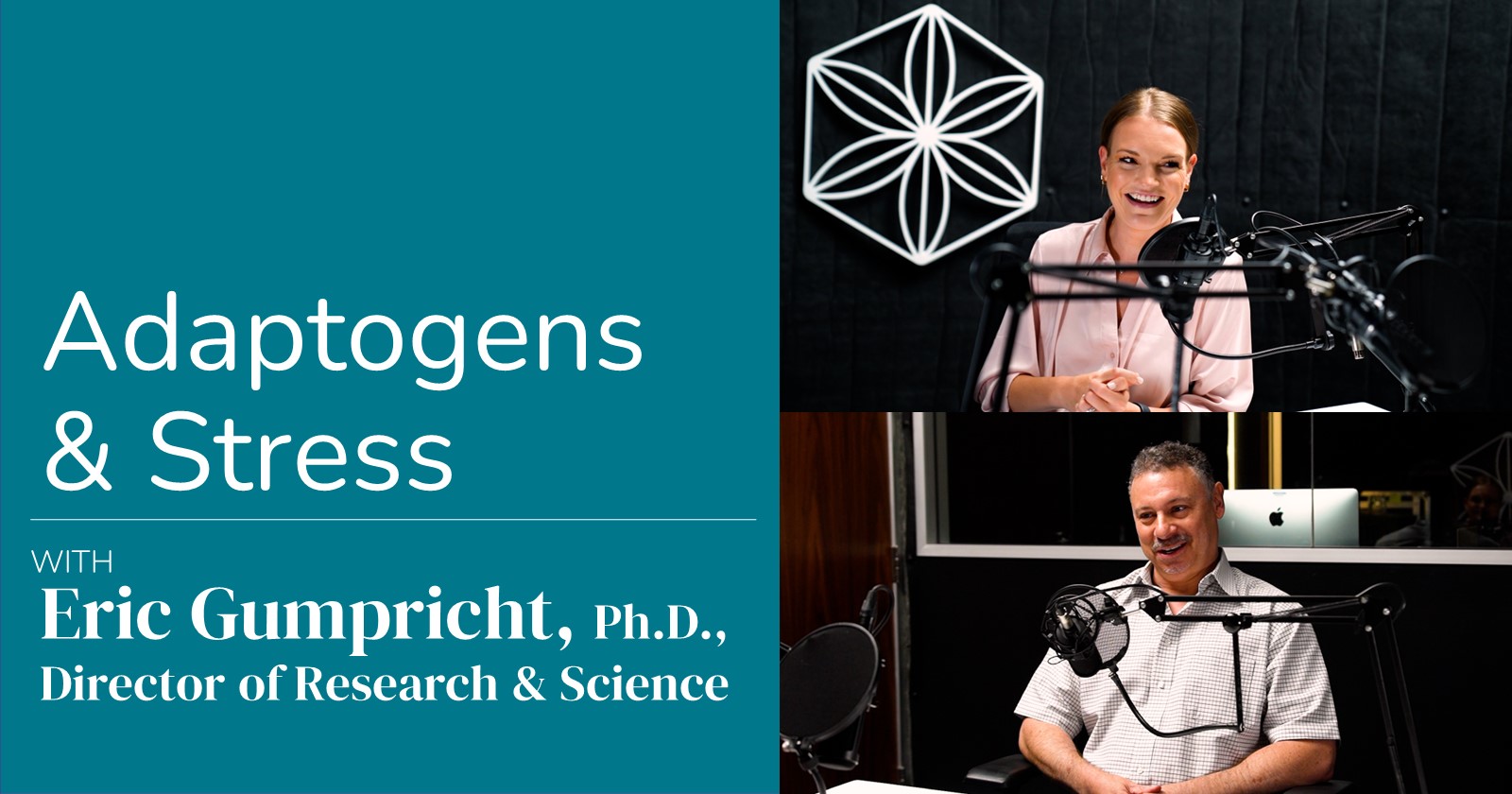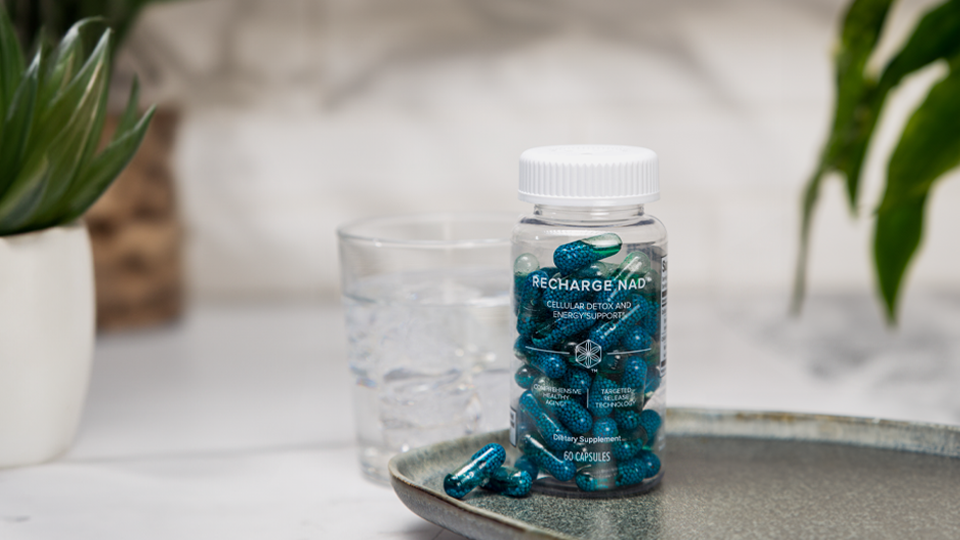Working out can be a tricky balancing act when it comes to how it affects your immune system. Exercise too much, or at too high of an intensity, and your risk of getting sick increases. Exercise too little and your risk also increases.
The sweet spot for a beneficial effect on immunity is with moderate exercise, or exercise in moderate amounts, followed by adequate recovery periods in between workouts (1-3).
Research shows that there is a ‘J-shaped curve’ when it comes to exercise and immune health (1-3). People on both ends of the spectrum – those with very low and very high levels of exercise – seem to be at a higher risk for illness than someone who regularly participates in moderate exercise. If looking to prevent infection, engaging in moderate-intensity exercise several times a week is the best for boosting the immune system.
The average adult suffers two to three upper respiratory tract infections each year while children have an average of six to seven (2). Data from a yearlong study in 547 adults showed a 23 percent reduction in upper respiratory tract infection risk in those who regularly participated in moderate activity versus those who participated sporadically (2,3). Epidemiologic and random control trial exercise studies report a reduction in upper respiratory tract infection incidence of 18-67 percent (2). Those who are highly stressed or elderly may have more pronounced results than the general population.
Research shows that moderate intensity exercise helps to reduce the systemic inflammation present in the body, that contributes to illness and infection. Systemic inflammation is different from acute inflammation that can occur from injury and cause swelling. Instead, it is low-level chronic inflammation that occurs throughout the entire body and is a key player in the progression of disease.
Exercise is thought to decrease levels of chronic inflammation via antioxidant defenses (4). Exercise also promotes good sleep, which helps your immune system recover and lower your stress levels, which can contribute to a suppressed immune system.
During prolonged intense exercise, there is injury to skeletal muscle, which activates the innate immune system and an inflammatory response (5). Regular moderate exercise, however, triggers a recirculation of cells from the innate immune system, leading to a decrease in the risk of illness and infection.
Excessive and intensive exercise, on the other hand, may lead to immune cell suppression and imbalance. This is due to an initial stimulated release of cell-signaling molecules – pro-inflammatory cytokines followed by a release of anti-inflammatory cytokines – that can lead to an increased risk of infection (6).
Through moderate exercise, the immune system is given adequate recovery time. There is a simple solution to immune suppression that occurs during exercise: Don’t overtrain and don’t undereat. Ensuring proper nutrition can help properly fuel your body for exercise and recovery.
References
- Gleeson M. Immune function in sport and exercise. J Appl Physiol. 2007 Aug; 103: 693-699. doi: 10.1152/japplphysiol.00008.2007.
- Nieman DC. Moderate exercise improves immunity and decreases illness rates. Am J Lifestyle Med. 2011 Apr 28; 5(4): 338-345. doi: 10.1177/1559827610392876.
- Matthews CE, Ockene IS, Freedson PS, Rosal MC, Merriam PA, and Hebert JR. Moderate to vigorous physical activity and risk of upper-respiratory tract infection. Med Sci Sports Exerc. 2002 Aug; 34(8): 1242-8.
- Woods JA, Vieira VJ, and Keylock KT. Exercise, inflammation, and innate immunity. Immunol Allergy Clin N Am. 2009 May 31; 29(2): 381-393. doi: 10.1016/j.iac.2009.02.011.
- Nieman DC and Mitmesser SH. Potential impact of nutrition on immune system recovery from heavy exertion: a metabolomics perspective. Nutrients. 207 May 18; 9(5): pii: E513. doi: 10.3390/nu9050513.
- Romeo J, Warnberg J, Pozo T, and Marcos A. Physical activity, immunity, and infection. Proc Nutr Soc. 2010 Aug; 69(3): 390-9. doi:10.1017/S0029665110001795.





